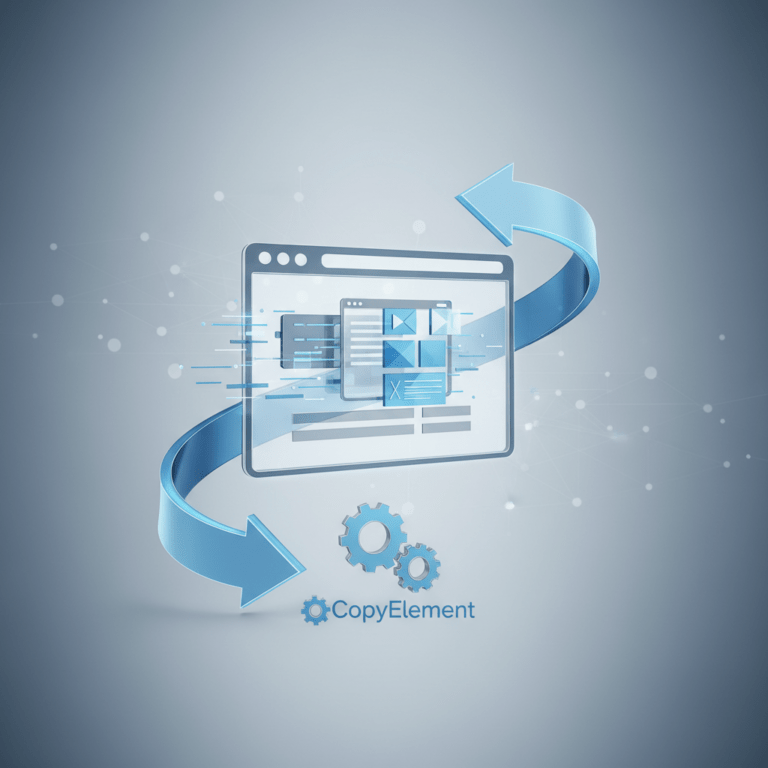The Crystal Ball of Search: Predictive SEO Arrives
Forget reacting to algorithm updates after the damage is done. Imagine anticipating them before they roll out. Predictive SEO, powered by the increasing sophistication of Artificial Intelligence, is rapidly becoming a reality. By 2025, proactively analyzing data to foresee search engine changes won’t be a luxury, it will be a necessity for maintaining organic visibility.
Why React When You Can Predict? The Shift in SEO Strategy
For years, SEOs have operated in a reactive mode, scrambling to understand and adapt to Google’s (and other search engines’) algorithm updates. This “wait and see” approach is increasingly risky in a dynamic digital landscape. Predictive SEO aims to flip the script, leveraging AI’s ability to identify patterns, correlations, and potential vulnerabilities in the current search landscape to forecast future changes.
AI's Role: Decoding the Search Engine's Mind
AI is the engine driving Predictive SEO. Here’s how it’s used:
- Data Aggregation & Analysis: AI algorithms can ingest and analyze vast amounts of data from diverse sources – search engine patents, developer forums, industry news, user behavior data, and even competitor strategies.
- Pattern Recognition: By identifying subtle patterns and correlations within this data, AI can detect early indicators of potential algorithm updates. For example, a surge in discussions around Core Web Vitals within Google developer circles, coupled with related patent filings, might suggest an increased weighting of site speed in upcoming ranking factors.
- Trend Forecasting: AI can analyze historical data trends to predict future directions. This could involve identifying the growing importance of semantic search or the increasing emphasis on E-E-A-T (Experience, Expertise, Authoritativeness, and Trustworthiness).
- Simulated Testing: AI-powered tools can simulate the impact of potential algorithm changes on a website’s performance, allowing SEOs to proactively identify and address vulnerabilities.
Practical Applications of Predictive SEO in 2025
How will Predictive SEO translate into actionable strategies?
- Content Strategy Optimization: Identify emerging topics and formats that are likely to resonate with search engines and users. For example, AI might predict a growing demand for short-form, video-based content, prompting a shift in content creation efforts.
- Technical SEO Enhancements: Anticipate changes in crawling and indexing behaviors and optimize website structure and code accordingly. If the AI predicts an increased focus on mobile-first indexing, ensure optimal mobile performance and responsiveness.
- Link Building Strategies: Identify potentially valuable link opportunities based on emerging trends and algorithm changes. Focus on building relationships with authoritative sources in emerging niches.
- E-E-A-T Optimization: Proactively build Expertise, Experience, Authoritativeness, and Trustworthiness based on projected algorithm updates. This could involve investing in thought leadership content, gathering customer reviews, and improving website security.
The Tools of the Trade: AI-Powered SEO Platforms
By 2025, we’ll see a proliferation of AI-powered SEO platforms designed to facilitate Predictive SEO. These platforms will offer features such as:
- Algorithm Change Prediction Modules: Dedicated dashboards that provide insights into potential algorithm updates based on AI analysis.
- Impact Simulation Tools: Features that allow SEOs to simulate the impact of potential algorithm changes on their website’s ranking and traffic.
- Competitor Analysis with Predictive Insights: Tools that analyze competitor strategies in light of potential algorithm updates, providing insights into their future moves.
- Automated SEO Audits with Predictive Recommendations: SEO audits that not only identify current issues but also provide recommendations based on predicted algorithm changes.
Challenges and Considerations for the Future of SEO
While Predictive SEO offers immense potential, it also presents challenges:
- Data Accuracy and Bias: The accuracy of AI predictions depends on the quality and unbiased nature of the data it analyzes. SEOs must be vigilant about ensuring the data used to train AI models is accurate and representative.
- The “Black Box” Problem: Understanding how AI algorithms arrive at their predictions can be challenging. It’s crucial to choose platforms that provide transparency and explainability.
- Ethical Considerations: Predictive SEO should be used ethically and responsibly, avoiding tactics that manipulate search results or harm users.
- The Human Element: AI is a powerful tool, but it shouldn’t replace human judgment and creativity. SEOs still need to use their expertise to interpret AI insights and develop effective strategies.
Embracing the Future: Preparing for Predictive SEO
To prepare for the rise of Predictive SEO, SEOs should:
- Develop Strong Analytical Skills: Become proficient in data analysis and interpretation.
- Stay Up-to-Date on AI Technologies: Learn about the latest advancements in AI and how they can be applied to SEO.
- Experiment with AI-Powered SEO Tools: Start exploring and testing AI-powered SEO platforms.
- Embrace a Data-Driven Mindset: Base your SEO decisions on data and insights, rather than guesswork.
Predictive SEO represents a significant paradigm shift in the world of search engine optimization. By embracing AI and proactively anticipating algorithm updates, SEOs can gain a competitive edge and achieve sustainable organic growth. As we move closer to 2025, the ability to predict the future of search will become an increasingly valuable asset.







